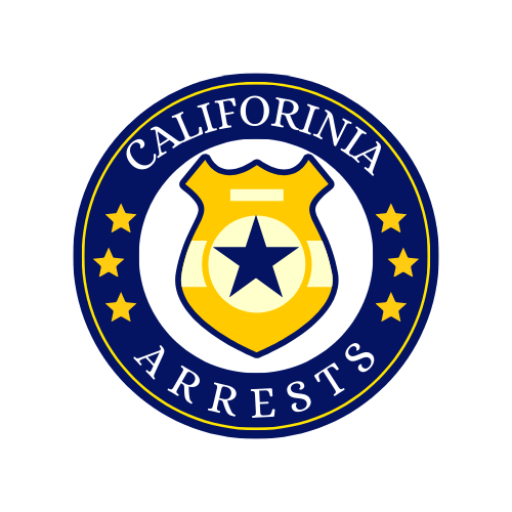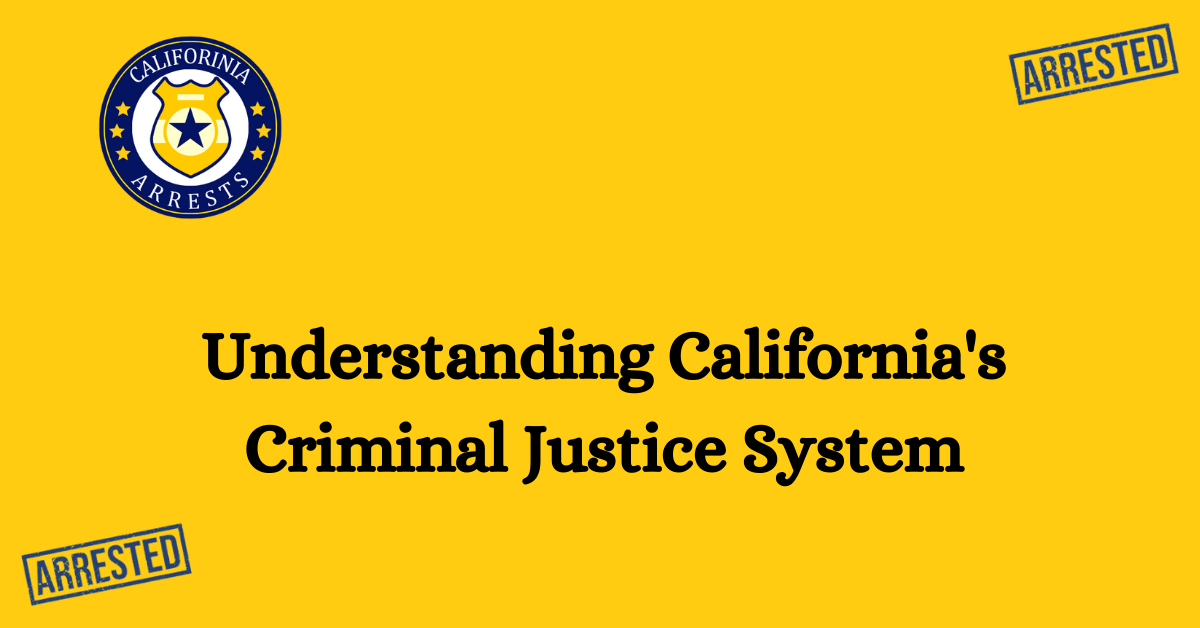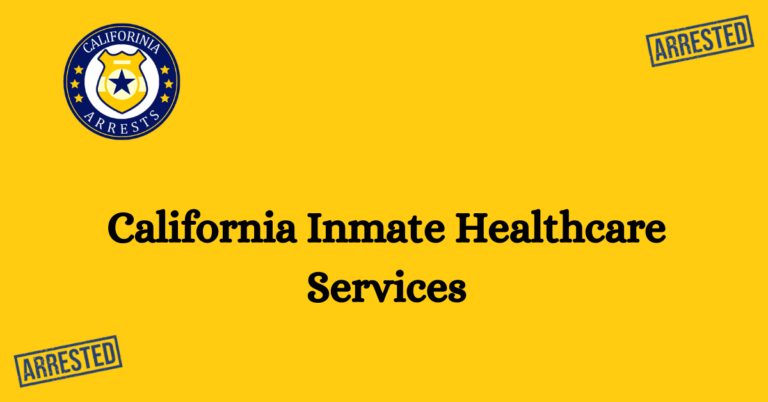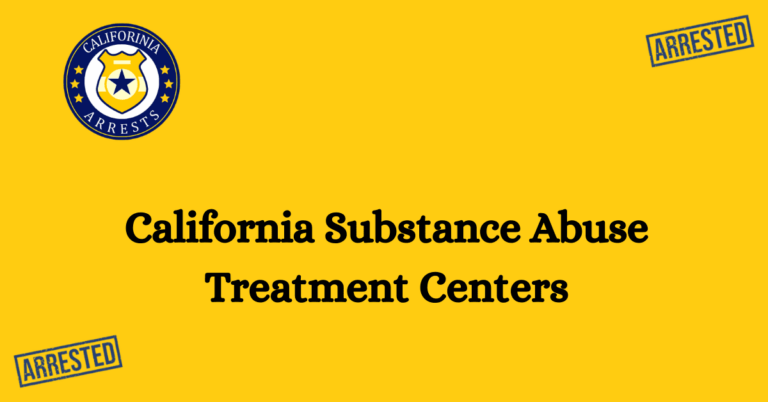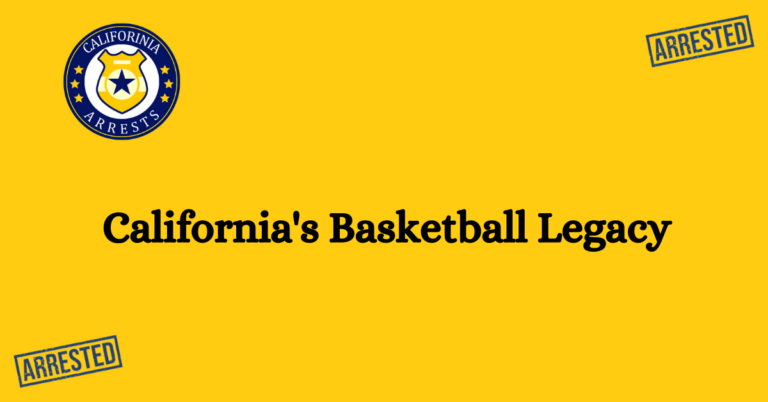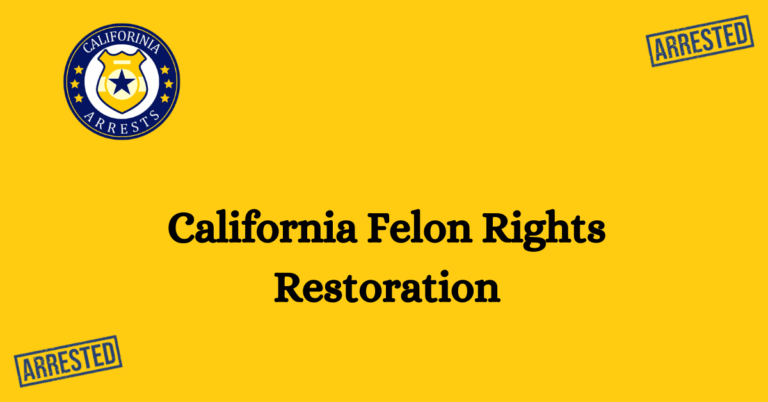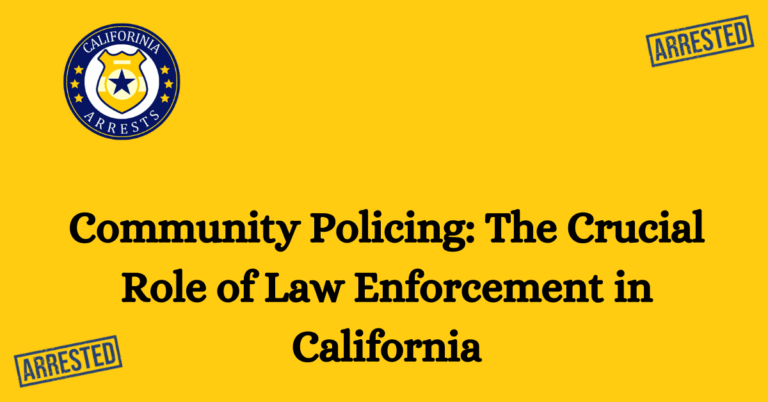Understanding California Criminal Justice System
California’s Criminal Justice System is a complex and intricate network of laws, procedures, and institutions that work together to maintain law and order in the state. As one of the largest and most diverse states in the country, California faces unique challenges when it comes to maintaining a fair and effective criminal justice system.
From the moment a crime is committed to the final resolution of a case, every step of the process is carefully regulated to ensure that justice is served. Whether you are a victim, a defendant, or simply a curious citizen, understanding how the criminal justice system works in California can help you navigate its complexities and make informed decisions.
The Role of Law Enforcement
Law enforcement agencies play a crucial role in California’s criminal justice system. They are responsible for investigating crimes, collecting evidence, and apprehending suspects. Police officers, sheriff’s deputies, and other law enforcement officials work tirelessly to ensure the safety and security of the community.
The Judicial Process
Once a suspect is arrested, they enter the judicial process, which is overseen by the courts. California has a tiered court system, with superior courts at the county level and appellate courts at the state level. Judges preside over cases, ensuring that the law is applied fairly and impartially.
Prosecution and Defense
The prosecution represents the state and is responsible for presenting evidence against the defendant. They argue for the defendant’s guilt and seek to secure a conviction. On the other hand, the defense advocates for the defendant, challenging the prosecution’s case and protecting the defendant’s rights.
The Importance of Evidence
Evidence is the backbone of any criminal case. It can take many forms, including witness testimony, documents, and physical objects. The admissibility and weight of evidence are carefully evaluated by the court to ensure a fair trial. Strong and credible evidence is crucial for both the prosecution and defense.
Sentencing and Corrections
Once a defendant is found guilty, the court proceeds to sentencing. Judges consider various factors, such as the nature of the crime and the defendant’s criminal history, to determine an appropriate punishment. California has a wide range of sentencing options, including incarceration, probation, and fines.
Rehabilitation and Reintegration
California’s criminal justice system also emphasizes rehabilitation and reintegration. Rehabilitation programs aim to address the underlying causes of criminal behavior and help offenders reintegrate into society. These programs can include counseling, job training, and substance abuse treatment.
Continued Innovation and Reform
California is committed to continuously improving its criminal justice system. From addressing systemic issues to implementing evidence-based practices, policymakers and stakeholders are working together to ensure fairness, effectiveness, and public safety. It is an ongoing process that requires collaboration and a dedication to the principles of justice.
FAQs
What is California’s criminal justice system?
California’s criminal justice system is a complex network of laws, agencies, and processes that work together to maintain public safety and enforce the state’s criminal laws. It includes various components such as law enforcement agencies, courts, and correctional institutions.
How does the criminal justice system in California work?
The criminal justice system in California typically begins with the arrest of a person suspected of committing a crime by law enforcement agencies. The arrested individual is then taken to a police station for booking. Subsequently, the case goes through the court system, where a judge determines guilt or innocence and imposes appropriate penalties if convicted.
What are the different law enforcement agencies in California?
California has various law enforcement agencies that work at different levels of government. These include the California Highway Patrol (CHP), Police officersdepartments, county sheriff’s offices, and state and federal agencies such as the California Department of Justice and the Federal Bureau of Investigation (FBI).
What role do courts play in California’s criminal justice system?
Courts in California are responsible for interpreting and applying the law in criminal cases. They ensure that the accused receives a fair trial and make decisions regarding guilt or innocence. Additionally, courts determine appropriate sentences for convicted individuals and oversee probation and parole programs.
What happens after a person is convicted in California?
After a person is convicted in California, they may be sentenced to various penalties, including imprisonment, fines, probation, community service, or a combination of these. The exact sentence depends on the severity of the crime, the defendant’s criminal history, and other factors considered by the judge.
How can I learn more about California’s criminal justice system?
To learn more about California’s criminal justice system, you can visit the official websites of relevant government agencies such as the California Department of Corrections and Rehabilitation, California Courts, or the California Attorney General’s Office. Additionally, you can consult legal resources and publications that provide comprehensive information on the topic.
